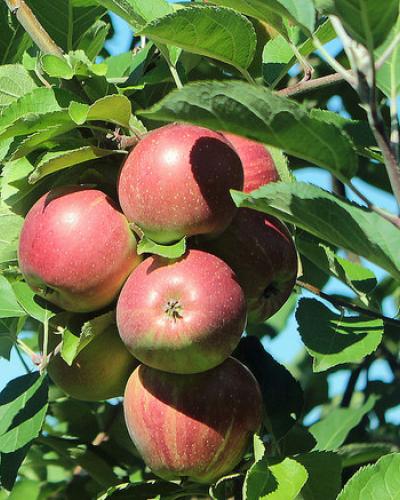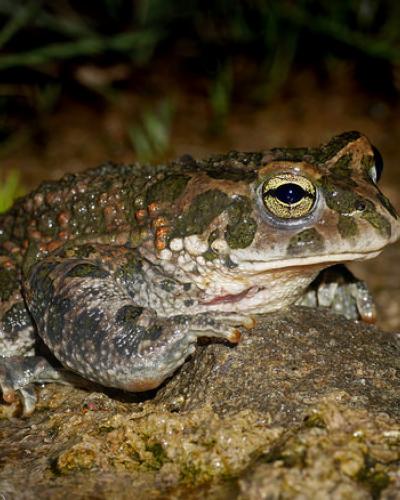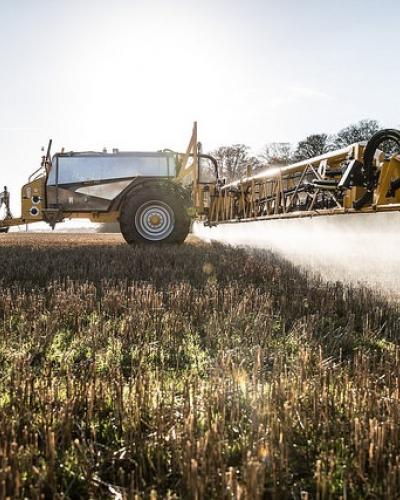A type of fungi known as arbuscular mycorrhizal (AM) fungi is commonly associated with providing fruit trees with such benefits as increased water and mineral uptake. A recent study published in...
There is so much (in)credible science that explains why organic is a good choice for people and the planet, and more is published every week. The Organic Center summarizes the latest research into distilled bites so you can make informed choices. We only report on peer-reviewed studies and always will. Check out our research blog and sign up for our newsletter to get the latest science delivered right to your inbox.
Mar 08, 2016
Photo credit: Berkeley News
A new study led by researchers at the University of California at Berkeley and Clinica de Salud del Valle de Salinas has shown that even a short...
Mar 02, 2016
Photo credit: Asboluv
A recent article published in the scientific journal Environment International has found that pesticide exposure can lead to neurodevelopmental...
Feb 24, 2016
Photo credit: Frank Vassen
A recent study published in the journal Water, Air, and Soil Pollution has found that dermal exposure to low levels of the common pesticides...
Feb 17, 2016
Photo credit: Akash Kurdekar
A study published in the scientific journal Environmental International has detected a link between exposure to organochlorine pesticides and...
Feb 17, 2016
Photo Credit: Georgi Kirichkov
While several smaller studies have found nutritional benefits of eating organic meat, until now no systematic reviews have compiled all the...
Feb 16, 2016
Photo Credit: Benz Photography
A new meta-analysis that examined 170 published studies found that organic milk had several nutritional advantages over conventional milk....
Feb 16, 2016
Photo Credit: Chafer Machinery
A new article published in Environmental Health addresses growing health concerns with the increased use of the herbicide glyphosate, the...
Feb 10, 2016
Photo credit: Marc Veraart
A recent study published in Basic and Applied Ecology sought to understand how the use of agrochemicals, water management and mechanization in...
Feb 03, 2016
Photo credit: Artur Staszewski
An article published in the scientific journal Nature Plants has found that organic farming has an important role to play in sustainably...












